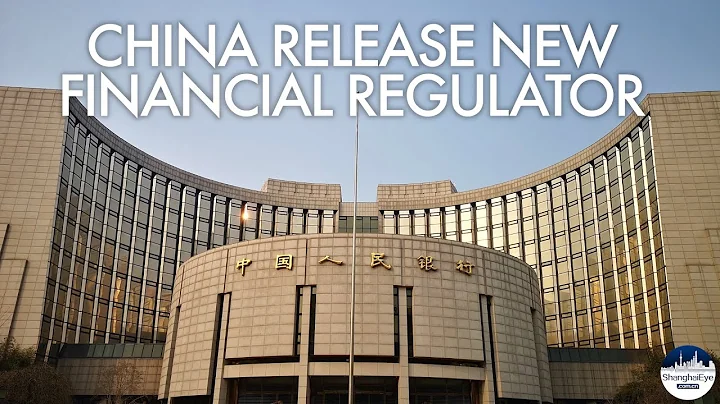
Not long ago, Japan announced that it would ban the export of some important raw materials to South Korea for the production of semiconductor and display panels starting from July 4.
There are three main categories of materials that Japan restricts exports to South Korea, namely fluorine polyimide (Fluorine Polyimide) used in OLED panels for TVs and mobile phones, photoresist, a core material in semiconductor manufacturing, and high-purity hydrogen fluoride ( Eating Gas). This restriction will directly affect South Korea’s two major industries, semiconductor and panel manufacturing.
If South Korean companies are "injured" as a result, South Korea will counterattack Japan.
According to BusinessKorea, South Korean President Moon Jae-in called on Japan to withdraw export restrictions on Korean companies on the 38th, believing that Japan is restricting trade for political purposes.
Moon Jae-in said that if any Korean companies suffer "actual harm" due to trade restrictions, the Korean government will have to take necessary measures. He expressed the hope to avoid a vicious cycle of retaliation between the two countries.
This is Moon Jae-in’s first public opinion after Japan last week banned the export of some important raw materials used to produce semiconductors and display panels to South Korea.
On the other hand, government officials in charge of trade in South Korea and Japan will hold talks in the near future. This will be the first head-to-head confrontation between South Korea and Japan since the implementation of restrictive measures. In addition, the South Korean government plans to send Trade Minister Yoo Myung-hee to the United States for international coordination.
The South Korean government explained that the two sides are currently discussing when to hold talks in Japan. The government's focus may be on correcting misunderstandings in Japan, where Japanese Prime Minister Shinzo Abe has mentioned that export restrictions on semiconductor materials to South Korea necessitate sanctions on North Korea.
Korean companies were affected and were forced to purchase raw materials
According to Reuters, in order to deal with Japan’s restrictions on the export of displays and semiconductor materials, Samsung Electronics (Samsung Electronics) Vice Chairman Lee Jae-yong flew to Japan on the 37th and attended Discussed this issue with local Japanese entrepreneurs on the 8th, expressing concern that these restrictions may have a negative impact on the memory and display production of Samsung Electronics (Samsung Electronics), and Sony (Sony) and Panasonic ( Panasonic ), etc. Japanese companies may also be affected.
According to Nikkei News, Samsung Electronics Vice Chairman Lee Jae-yong will ask Japanese partners to supply these materials from their production facilities outside Japan. It is reported that Samsung Electronics has purchased photoresist from Sumitomo, Shinetsu and JSR, hydrogen fluoride from Morita and Stella, and polyethylene for flexible OLED panels from Sumitomo. imide.
Industry insiders pointed out that Japan accounts for 90% of the world's total fluoropolyimide production capacity, and high-purity hydrogen fluoride gas accounts for 70% of the world's production capacity, and there are currently no other sources that can replace it, so Samsung , SK hynix and LG, etc. Most of the fluoropolyimide and high-purity hydrogen fluoride required by Korean manufacturers are imported from Japan.
Today, Japan’s export restrictions to South Korea have taken effect. Although Samsung and SK Hynix immediately purchase materials from these overseas factories, they are still inevitably affected.
export ban causes NAND price increase and shortage?
"The issue is essentially diplomatic and intergovernmental, related to legal compensation for victims of forced labor, and facilities outside Japan are also under the control of the Japanese government, which means the situation is unlikely to improve in the near future," one Korean entrepreneur said.
Due to Japan’s embargo on three key semiconductor materials including photoresist to South Korea, it has had a huge impact on South Korea’s semiconductor manufacturing industry. Recently, there have been reports in the industry that considering the shares of the two Korean companies Samsung and SK hynix in the global memory market, There is news that NAND Flash may increase in price or even be out of stock. A recent media report pointed out that Taiwan's memory module manufacturer ADATA is taking the opportunity to limit NAND supply and wait for news of price increases.
To this end, international electronics business analysts discussed this matter with Yang Wende, deputy general manager of the Semiconductor Research Department of CINNO Research.
Yang Wende believes that the reason why NAND prices have been fluctuating recently is due to the recent Toshiba power outage incident and Japan's implementation of bans on some important semiconductor raw materials from South Korea.
On the other hand, in response to some media reports about ADATA's limited supply and other price increases, Yang Wende said that the current supply is only limited. As for whether NAND is really going to bottom out, we still have to look at the actual performance in the third quarter. need.



![[FULL/ NEWSCENTER] Japanese curbs will negatively affect semiconductor value chain... - DayDayNews](https://i.ytimg.com/vi/EfspJcYHLrE/hq720.jpg?sqp=-oaymwEcCNAFEJQDSFXyq4qpAw4IARUAAIhCGAFwAcABBg==&rs=AOn4CLDrMBZAUL8rEoNKkqZuKXu4G5xShQ)

















